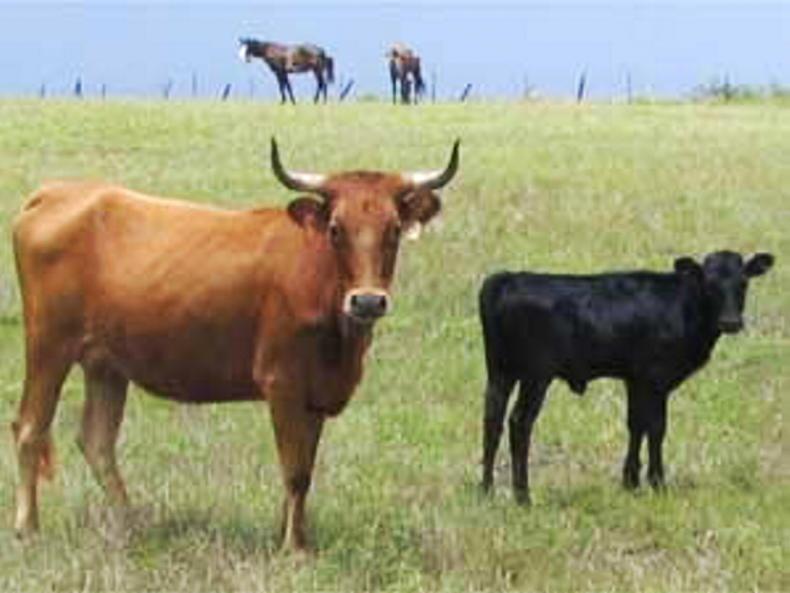New research on a rare breed of ‘heat-resistant’ cattle that thrive in warmer climates could point towards a more sustainable beef industry, University College Dublin has said.
Criollo cattle breeds could now offer a solution to the challenges poised by climate change due to their unique heat tolerance and disease resistance traits.
This rare breed of cattle have been in Latin America for hundreds of years, having originally been brought to the New World from Spain on the second voyage of Christopher Columbus in 1493.
A new study published in Royal Society Open Science by UCD researchers involved in an international collaboration with scientists from Brazil, Venezuela, Germany, the UK, and the United States.
Tropical environments
They looked into the microevolutionary changes in Criollo cattle as they adapted to the tropical environments of Latin America. There is strong evidence of several distinct coat and skin coloration traits that are advantageous in cattle populations exposed to significant levels of incident solar radiation.
This ‘slick’ phenotype in Criollo cattle results in a short, slick-hair coat that provides improved thermotolerance, allowing them to better withstand hot and humid weather, research found.
Genomic selection signatures were also discovered that may be associated with further thermotolerance, again underscoring the breeds adaptation to hot climates.
Scientific studies have shown that cattle better able to withstand hot weather are less likely to experience temperature-related stress, resulting in improved body weight and more efficient food production, as well as improved animal welfare in warmer climates, a spokesperson for UCD said.
Commercial gene
Criollo cattle have already been the focus of commercial gene editing efforts according to lead author Professor MacHugh, UCD School of Agriculture and Food Science, as US industry collaborators who are co-authors on the study have used gene editing to introduce the ‘slick’ trait into European cattle.
Using whole-genome sequencing data however, the UCD team detected a host of gene signatures associated with a myriad of adaptive traits, revealing genes linked to reproduction, fertility, and disease immunity.
“This study underscores the remarkable adaptability of Criollo cattle and highlights the genetic richness and potential of these breeds in the face of climate change, habitat flux and disease challenges,” Professor MacHugh said.






 This is a subscriber-only article
This is a subscriber-only article











SHARING OPTIONS: